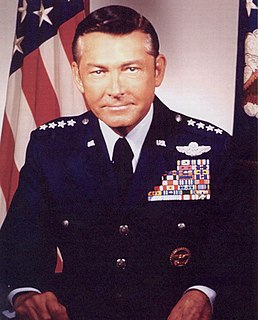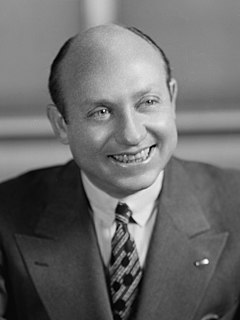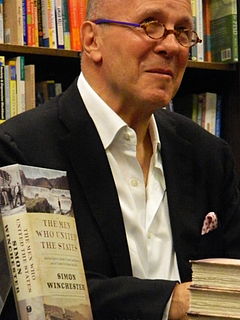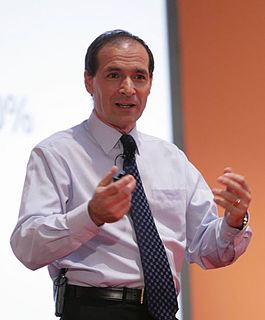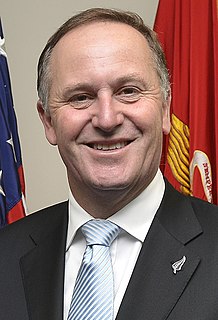A Quote by Steve Blank
At some major events - your birth and death, for example - while you may be the center of attention, the events are managed by others and are more important to the people around you.
Related Quotes
Medical thinking usually sees stress as highly disturbing but isolated events such as, for example, sudden unemployment, a marriage breakup, or the death of a loved one. These major events are potent sources of stress for many, but there are chronic daily stresses in people's lives that are more insidious and more harmful in their long-term biological consequences. Internally generated stresses take their toll without in any way seeming out of the ordinary.
Many people believe that decentralization means loss of control. That's simply not true. You can improve control if you look at control as the control of events and not people. Then, the more people you have controlling events - the more people you have that care about controlling the events, the more people you have proactively working to create favorable events - the more control you have within the organization, by definition.
That as people age, accumulate more and more private experiences, their sense of history tightens, narrows, becomes more personal? So that to the extent that they remember events of social importance, they remember only for example 'where they were' when such-and-such occurred. Et cetera et cetera. Objective events and data become naturally more and more subjectively colored.
If our well-being depends upon the interaction between events in our brains and events in the world, and there are better and worse ways to secure it, then some cultures will tend to produce lives that are more worth living than others; some political persuasions will be more enlightened than others; and some world views will be mistaken in ways that cause needless human misery.



